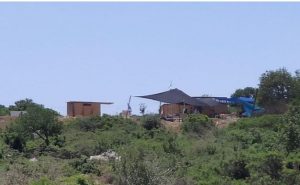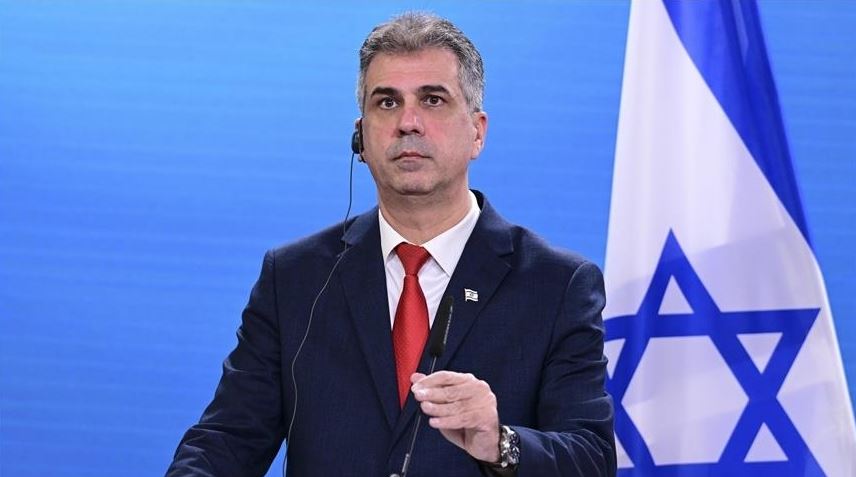Israeli Energy Minister Eli Cohen announced on Sunday that Tel Aviv has placed Yemen “within the crosshairs” and is following a “systematic policy” to assassinate leaders of the Houthi group.
On Saturday, the Houthis announced the assassination of their government head, Ahmed Ghaleb Al-Rahwi, and ministers due to an Israeli airstrike on the capital, Sana’a, on Thursday.
Cohen said in an interview with local radio “Kol Barama”: “We have put Yemen in the crosshairs.”
He added, “This is a systematic policy to strike infrastructure and carry out targeted assassinations against the Houthis, alongside building partnerships with countries (unnamed) that the Houthis consider enemies,” without further details.
On Sunday, Israeli media reported that two meetings scheduled for today, one for the government and another for the smaller ministerial committee “the cabinet,” were moved to a “secret location,” fearing a Houthi response to Thursday’s assassinations.
Cohen continued, “Not only the Houthis, but all Hamas leaders, even those residing overseas, are dead.”
The Houthis have launched attacks on Israel with missiles and drones, claiming it is a response to the genocidal war supported by the U.S. on Gaza since October 7, 2023.
This genocide has resulted in 63,371 Palestinian deaths, 159,835 injuries, mostly women and children, over 9,000 missing persons, hundreds of thousands displaced, and a famine that killed 339 Palestinians including 124 children.
Regarding Palestine, Cohen said: “We will not allow the establishment of a Palestinian state, and if there are moves at the United Nations (next month), the answer must be to impose sovereignty (annexation) over all Judea and Samaria (the biblical name for the West Bank).”
In Israel, talks are escalating about Prime Minister Benjamin Netanyahu’s government intending to officially annex the occupied West Bank in response to Western countries, including Britain, France, and Australia, planning to recognize the State of Palestine at the UN General Assembly next September.
Out of 193 UN member states, at least 149 recognize the Palestinian state declared by the Palestinian leadership in exile in 1988.
Cohen added: “If I have to choose between expanding the Abraham Accords (normalization agreements between Israel and Arab countries) and imposing sovereignty, I will choose sovereignty, but both can be achieved together.”
Annexing the occupied West Bank would end the possibility of establishing a Palestinian state according to the two-state solution principle endorsed by UN resolutions.
Since the start of its war on Gaza, Israel has intensified crimes in the West Bank paving the way for annexation, including home demolitions, displacement of Palestinians, and accelerating settlement construction, according to the Palestinian Authority and human rights organizations.
Alongside this war, the Israeli army and settlers in the West Bank, including East Jerusalem, have killed at least 1,016 Palestinians, injured about 7,000 others, and arrested more than 18,500, according to Palestinian data.
For decades, Israel has occupied Palestine and lands in Syria and Lebanon, refusing to withdraw and to allow an independent Palestinian state with East Jerusalem as its capital, based on pre-1967 borders.













Recommended for you
Exhibition City Completes About 80% of Preparations for the Damascus International Fair Launch
Talib Al-Rifai Chronicles Kuwaiti Art Heritage in "Doukhi.. Tasaseem Al-Saba"
Unified Admission Applications Start Tuesday with 640 Students to be Accepted in Medicine
Egypt Post: We Have Over 10 Million Customers in Savings Accounts and Offer Daily, Monthly, and Annual Returns
His Highness Sheikh Isa bin Salman bin Hamad Al Khalifa Receives the United States Ambassador to the Kingdom of Bahrain
Al-Jaghbeer: The Industrial Sector Leads Economic Growth